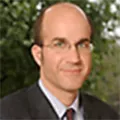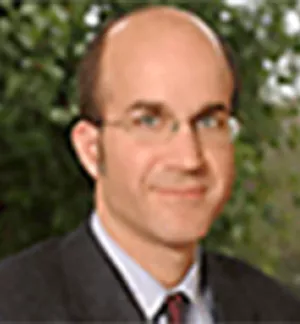Sir, John Gapper's column "Anyone can become the CEO of You Inc" (January 22) relating to the "Shifting Power Equation" under discussion at Davos focuses on the newly distributed power to achieve celebrity. Potentially more interesting is the newly distributed power to create change. Along these lines, the event of the week may have been the 2007 Schwab Social Entrepreneurs Summit that just concluded in Zurich.
What is a social entrepreneur? Anyone who takes it upon themselves to organise a solution to a social challenge. Think Nobel Laureate Muhammad Yunus (founder of Grameen Bank), Larry Brilliant (founder of the Seva Foundation and earlier a leader in the global campaign to eradicate smallpox), and Jimmy Wales (founder of Wikipedia).
Social entrepreneurship is a relatively new term to describe an old concept. This week it made its first appearance in a US State of the Union address. The emerging field is not without its sceptics. Some question using "social" in the term, stating that anyone who creates an organisation to address a public need is an entrepreneur, pure and simple. Regardless of context or motivations, the positive societal impact of entrepreneurship is to force change in the status quo, driving improvements to the provision of goods and services.
This argument has a good deal of merit. Certainly, it would be a serious mistake to draw a line aroundthe phenomenon of "social entrepreneurship" in a way that excludes for-profit ventures. Indeed, what makes social entrepreneurship powerful is the prospect that some of the best models will mix profit and public service, eradicating the false boundary between doing good and doing well.
A different category of scepticism dismisses entrepreneurship of any type as a central element in strategy to address the foremost challenges of the 20th century: bringing an end to large-scale poverty, dealing with global climate change, and coping with emergent global threats to public health. According to this view, whatever solutions exist will require the active involvement of national governments, international organisations, and multinational corporations. A handful of small enterprises and non-governmental organisations, however well intentioned, will never able to make more than a dent.
Such a view has the veneer of realism, without the substance. If anything is more naive than an unquestioning belief in the transformative power of social entrepreneurs, it is an unquestioning belief in the transformative power of governments, international organisations, and multinational corporations. Furthermore, in many parts of the world where change is most urgently needed, it is now widely recognised that governments at the scale of the nation-state are as likely to be part of the problem as part of the solution. In such environments, all institutions structured to work through national governments face serious handicaps.
Time will tell if among the participants in this year's Schwab summit are some who will be for the 21st century what Thomas Edison or Albert Schweitzer were to the 20th. Schwab social entrepreneur Fazel Abed is a strong candidate, having developed the micro-credit institution BRAC into a large-scale financial institution with 4.3m borrowers. The Aravind Eye Hospital, founded by Dr G. Venkataswamy, has innovated a low-cost approach to cataract surgery that has made sight affordable for more than 2m people. Dener Giovannini's start-up non-governmental organisation in Brazil has become a leader in documenting and combating the $20bn a year illicit trade in protected species. Martin Fisher and Nick Moon have developed and marketed foot-pumps used by over 40,000 small farmers in Kenya, generating new business that has added 0.5 per cent to Kenyan gross domestic product. The list goes on. The actions of these and other summit participants serve not so much to convert us to the power of entrepreneurship as to confront us all with the question: What is your solution?
It is fitting that the Schwab summit precedes the annual meeting of the World Economic Forum in Davos. The practical problems tackled by entrepreneurs can, and should, helpfully ground discussions among world leaders about how to approach the complex challenges of the 21st century.
Philip Auerswald,
Research Associate, Kennedy School of Government, Harvard University
Director, Center for Science and Technology Policy, George Mason University
Iqbal Quadir,
Founding Director, MIT Program on Developmental Entrepreneurship
Auerswald, Philip. “A Model to Eradicate False Gulf between Doing Good and Doing Well.” Financial Times, January 26, 2007


